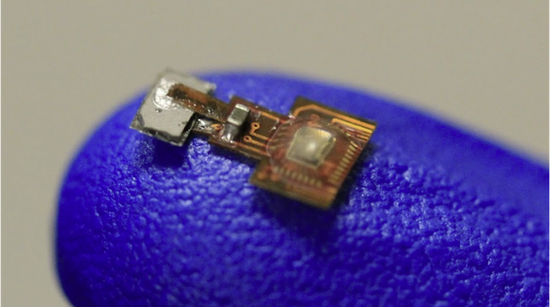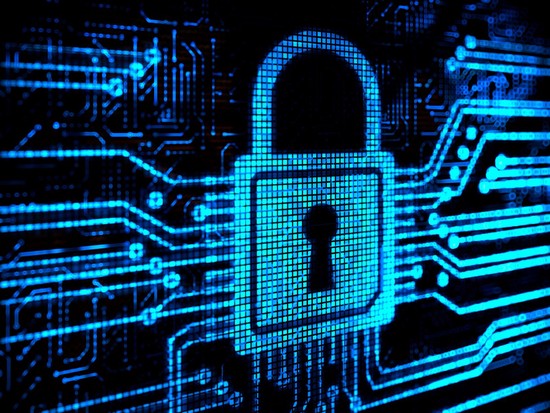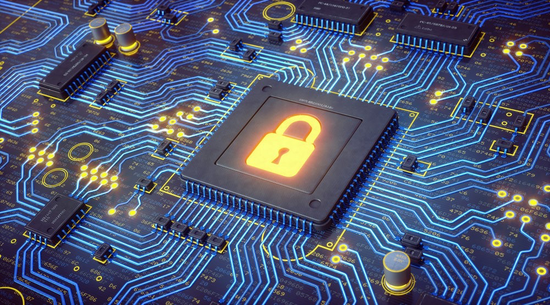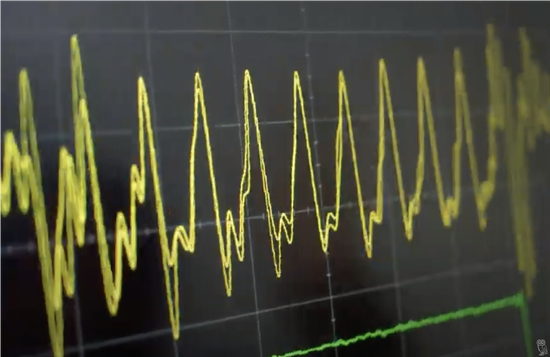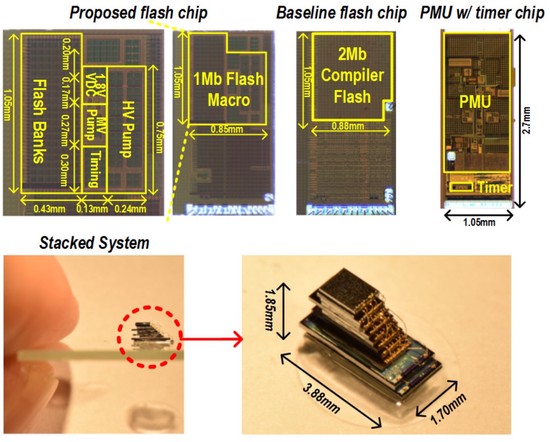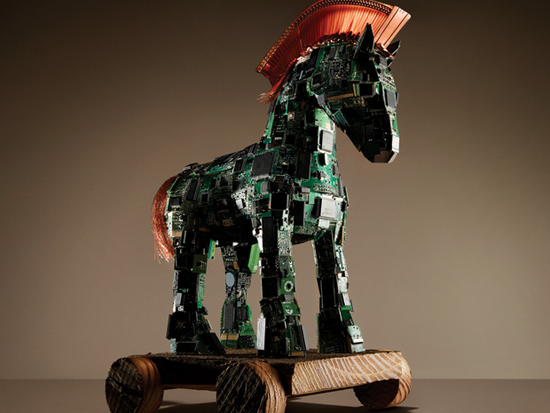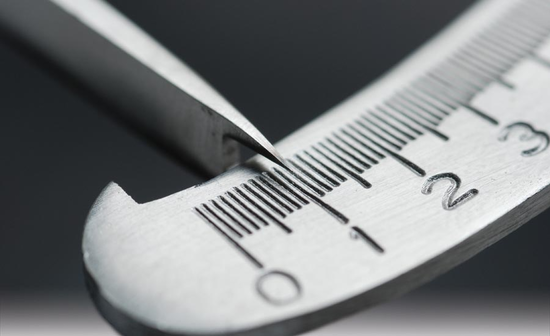Overview
Our research aims at enabling unprecedented low-power, efficient, and miniaturized hardware for emerging applications like Internet of Everything, ubiquitous computing, wearable and implantable bioelectronics.
The foundations for the sensing/control/actuation functionalities of such devices are ultra-low-power circuits and integrated systems for sensing, computing, communication, power management, and energy harvester and transfer. Meeting the unprecedented power and cost constraints demands unconventional circuit and system designs. Besides, advanced sensor data processing and machine learning have great potential in revolutionizing mobile and IoT applications. Performing these computing with microcontrollers is almost impossible and thus necessitates innovative energy-efficient and lightweight computing platforms. Last but not least, security and privacy are of critical importance in the envisioned ubiquitous applications, which must be met by hardware/software co-designs to simultaneous realize the security, energy, and costs requirements.


